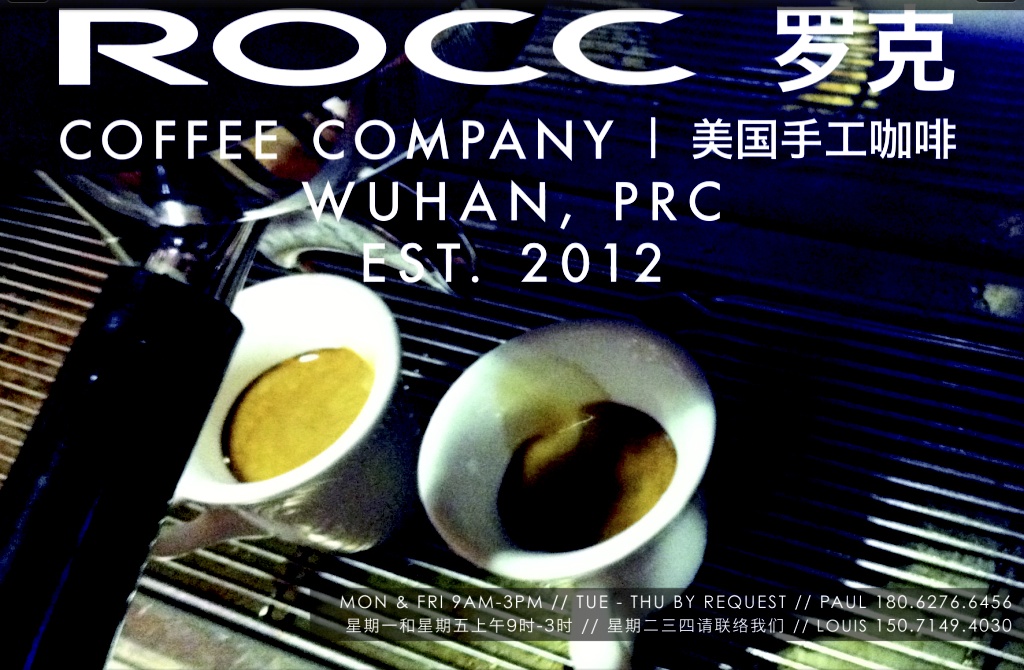Why can't the Chinese just call McDonald's, McDonald's? Instead they call it "mai dang lao". I remember when Starbucks first came to Wuhan (back in 2007). I hopped into a cab and told the driver, "wo yao qu Starbucks" I want to go to Starbucks. The driver looked at me blankly. I tried again but with a heavy accent (guessing at what the name may sound like from a Chinese perspective) "wo yao qu se'er ba'ke". Still a blank stare.
So, I resorted to going to the shopping plaza I heard rumor as having Starbucks and searched for myself. Upon arrival I learned that Starbucks is "xing ba ke". "Xing" has the meaning of "star" though phonetically sounds nothing like "star". The later part: "ba ke" is a transliteration sounding like "bucks" but has no real meaning when translated. This often happens in a mysterious way where brands mix meaning and sound to create a cool Chinese name.
Thankfully, today (as was not the case in 2007) the rise of smart phones loaded with translation apps and ride hailing services (like DiDi) make finding Western tasting coffee or cheeseburgers much less confusing.
It only took ROCC a couple weeks before it received its own Chinese name transliteration. At first I wasn't happy. I wanted to choose a Chinese name with more meaning. However, Chinese friends naturally came up with their own version, calling us: "luo ke" which phonetically sounds like you've stretched the word "ro...ck" to make 2 syllables: "law...kuh". No need to fight something that was working, so we took our new localized Chinese name and owned it.
If you have business questions or would like to learn more about anything discussed in the China Coffee blogs please reach out by email below. It’s always good to network and support the entrepreneurial community and improve coffee practices around the world.

